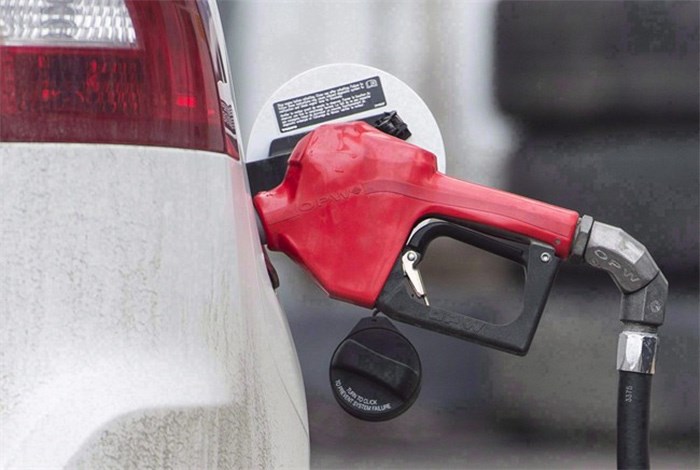One complaint common across Canada is the price we pay when we fill up at the gas pump.
Attempts have been made in Eastern Canada to regulate prices, but studies have shown that regulations lead to customers paying the same or higher average prices in the long term.
A report headed to Greater Sudbury city council Jan. 20 outlines how the system works, and how much we pay compared to other northern cities, and Ontario as a whole.
“The weekly retail price of regular unleaded gasoline in the City of Greater Sudbury was consistently higher than the Ontario average throughout 2019,” the report said.
The gap peaked in May of last year, when local prices were $1.41 a litre, compared to $1.33 across the province. By year's end, we were paying $1.21, compared to the $1.16 Ontario average.
But closer to home, the picture was brighter. When compared to drivers in the Sault, Thunder Bay and Timmins, Sudburians paid less at the pump on average.
But the gap was much smaller – usually a few cents. The biggest was a six cent difference in July 2019.
However, unlike the provincial prices, at times Sudburians paid more than other Northern cities. The price in late February in Sudbury was $1.117 a litre, compared to the Northern average of $1.108.
“When the City of Greater Sudbury is compared to Timmins and Thunder Bay solely, the weekly retail price is consistently lower throughout 2019,” the report said. “This analysis supports the belief that the one significant difference in retail price among Northern Ontario is distribution or transportation costs.”
While some residents want city council to do something to keep prices down, the report said that power rests with Queen's Park.
“The municipality cannot pass a by-law intended to put downward pressure on the retail price of gasoline in the City of Greater Sudbury,” the report said. “There is no direct method for the City of Greater Sudbury to affect the retail gas prices, as the regulating power rests with the provincial government.”
The concern many people have is that gas stations and fuel companies collude to keep prices higher than necessary. The report says when businesses work together instead of compete with one another, they form a cartel.
“This cartel can behave in several ways, including price fixing, allocating markets, restricting outputs and rigging bids,” the report says. “Price fixing can be difficult to prove, as clear evidence that competitors have agreed with one another to set prices is required.
“In 2012 & 2013 the (Competition) Bureau was successful in exposing two significant cartels in Quebec and Ontario, resulting in fines exceeding $6 million and terms of imprisonment totaling 54 months.”
More recently, Kenora MPP Greg Rickford called on the bureau to investigate gas and diesel prices in northwestern Ontario.
“In April 2019, the Competition Bureau wrapped up this investigation ... after conducting field interviews with 50 gas stations in the communities of Thunder Bay, Fort Frances, Dryden and Kenora, analyzing pricing data from multiple sources and examining the regional market characteristics,” the report said. “The bureau did not uncover evidence of anticompetitive agreements, or price fixing, among competitors in the wholesale or retail gasoline markets.”
And several other factors affect prices, the report said. Last November, the average price was $1.163 a litre. Of that, 37 per cent was the cost of oil, 20 per cent was the profit for wholesalers, 13 per cent were Ontario taxes, 11 per cent was GST/HST, 9 per cent was the federal excise tax, six per cent went to retailers and 4 per cent was the federal carbon tax.
The report did confirm one thing many Sudburians have believed for a long time: North Bay residents pay less.
“Throughout 2019, North Bay on average was 2.5 cents lower than Sudbury,” the report says. “This is indicative of increased competition in North Bay. One possible explanation is the proximity of First Nation on-reserve gas stations.
“First Nations individuals do not have to pay the Ontario gas tax when purchasing gasoline for their own use from an authorized on-reserve gasoline retailer.
Therefore the posted retail price of gasoline at the on-reserve gas station is much lower than the off-reserve gas stations. This puts downward pressure on all gas stations looking to compete for business, therefore lowering the retail price throughout the city.”
